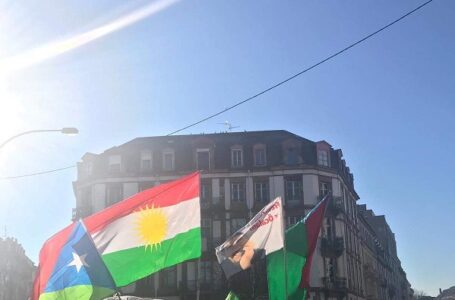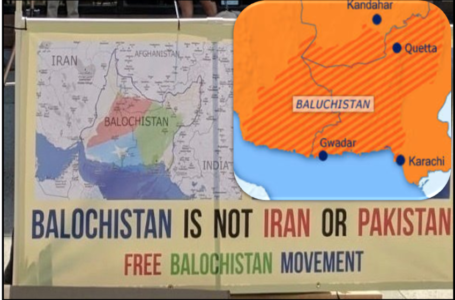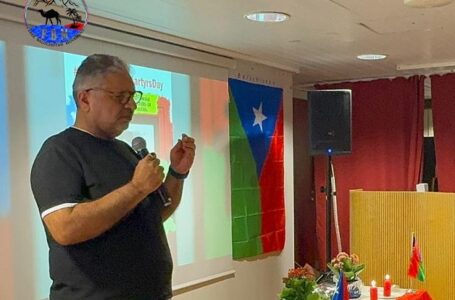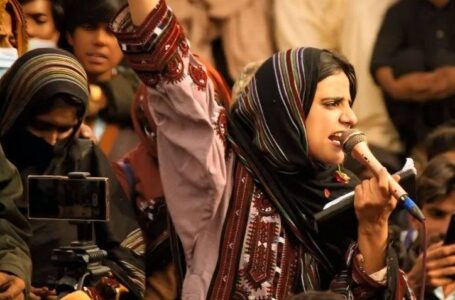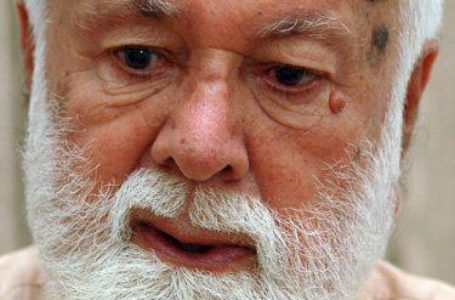Israel’s decisive Attack on Iran a Significant Opportunity for Baloch National Independence: FBM
Pakistani Potion of Lid-Laddu to the Baloch Nation
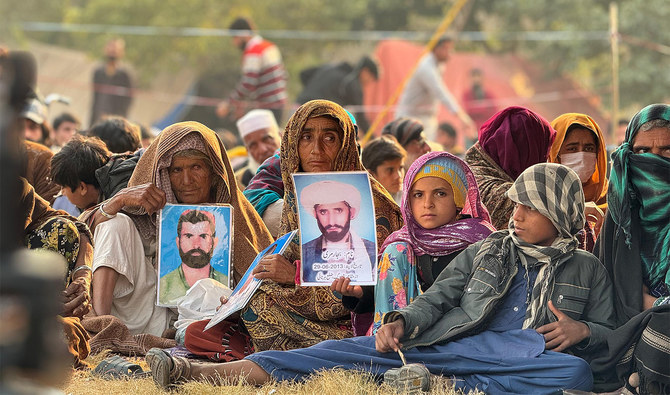
By Archen Baloch
During a two-day visit to Balochistan, Bilawal Bhutto Zardari, the Chairman of the Pakistan People’s Party (PPP), left no stone unturned in his efforts to appease his masters in the GHQ. In a public gathering in Quetta, the capital city of Pakistani-occupied Balochistan, he offered free healthcare services to the Baloch nation. He announced that he would provide free healthcare to those who come to Karachi for treatment and build a large hospital in Quetta where free healthcare services would be available.
Behind closed doors, however, Bhutto met with the selected Chief Minister of Balochistan, Sarfraz Bugti. According to Dawn, Bhutto’s primary objective was “to defeat the terrorism narrative and restore peace and political stability in Balochistan through grassroots political processes.”
Before Bhutto visited Quetta, his father, Asif Ali Zardari, chaired a security meeting of high-security officials in the coastal city of Gwadar. The meeting aimed to convince the Chinese government that the “Azm-e-Istehkam operation” would pave the way for exploiting Balochistan’s regional resources.
To understand the reality behind Bhutto’s promise of free healthcare to the Baloch masses and his insistence on addressing the terrorism narrative, we need to view it through the lens of a popular story.
Bhutto’s promise can be likened to a game of lid-laddu. In the Balochi language, “lid” means camel dung, while “laddu” is an Indian sweet made from various ingredients and sugar syrup.
The story behind the lid-laddu game was narrated by the father of the Baloch nation, Khair Bakhsh Marri, during an interview with BBC Urdu. He recounted a tale about a thug in a village who saw children with laddus and wanted to have them. Instead of directly snatching the laddus and offending the children, the thug collected camel dung, which is similar in shape and colour to laddu. He then called the children to play a game, offering four lids for one laddu. In this way, he deceived the children into trading their sweets for camel dung.
The Baloch nation, in terms of natural resources, is one of the richest on earth. With a population of 65 million and a geography of 700,000 square kilometres, Balochistan is well-endowed.
The Bhuttos were brought into power in Pakistani politics to govern the masses with the so-called socialist slogan of “Bread, Clothes, and House,” a strategy crafted by the Pakistani military establishment. The Bhuttos have been selling this laddu, which is lid (dung), to the Pakistani masses. Now, this deceit has extended to Baloch society.
We must consider whether it is appropriate to detail the statistics of our resources before a foreign occupier or to kick him out of our land. They came and occupied our land and started usurping our natural resources. However, it is appropriate to let the world know what we have in Balochistan in terms of natural resources. The variety of mineral resources that we possess in Balochistan, under Pakistani occupation, are mouthwatering for other resourceless nations.
The Sui gas field, one of the largest natural gas fields in the region, was discovered in 1952 and piped to Punjab and other cities in Pakistan, depriving Balochistan of its resources. The Sor Range, Khost-Shahrag-Harnai, and Duki areas have some of the world’s longest deposits of coal. Silver, copper, and gold deposits found in Reko Diq are among the largest reserves in the world, being exploited by Chinese and Canadian companies against the will of Balochistan.
Iron ore deposits are also found in the Chagai District, along with significant sulphur deposits. Balochistan is a major producer of chromite in the Muslim Bagh area, and we have substantial deposits of high-quality marble and granite. Other natural resources include limestone, used for cement production, and high-quality gypsum reserves used in construction and the manufacture of plaster.
The Koh-e-Sulaiman Mountain range and coastal belt of Balochistan contain large quantities of uranium deposits. However, with the support of China, Pakistan is extracting these deposits and polluting Balochistan’s ecosystem by dumping nuclear waste in coastal areas.
Balochistan’s coastline along the Arabian Sea is rich in marine resources, brimming with high-quality marine life. However, it has now been turned into a marine game park for Chinese fishing trawlers. Balochistan has four seasons and produces a variety of high-quality fruits and vegetables, including dates, grapes, watermelons, tomatoes, potatoes, onions, apples, pomegranates, peaches, wheat, rice, and various beans. Balochistan is also known for livestock farming, including cows, sheep, goats, horses, and camels.
With vast open plains and high solar insolation levels, Balochistan has significant potential for solar and wind energy development.
Given our immense natural resources and our status as a large nation, why should we Baloch allow ourselves to be governed by lid-laddu thugs? We were an independent nation but became the victim of the British Great Game in our region. Pakistan occupied our country through military aggression at the behest of the British Empire. Whenever we resisted and constructed our narrative of national liberation, they dubbed our leadership as national traitors.
In their eyes, our narrative is now terrorism! Meanwhile, the looting and plundering of our resources are negligible matters, the killing and dumping of Baloch political activists are not considered crimes, and the destruction of our ecosystem is seen as a social issue, which they believe can all be sorted out with an offer of an apology. They think that their lid-laddu is a potion for taming the Baloch into submission.
Under the lens of their colonial rule, our genuine elder political leadership is often labelled by the Pakistani military establishment and its stooges as tribal chieftains because they refused to buy into the Bhuttos’ lid-laddu game. As a result, they have been defamed, character-assassinated, persecuted, hanged, assassinated, and forced into exile.
The new generation of the current liberation movement is also facing the same policies of persecution and the lid-laddu game. However, the perseverance of the Baloch resistance refuses to give in to Pakistani state terrorism. It has achieved an optimal level of success in terms of persistence and resistance.



